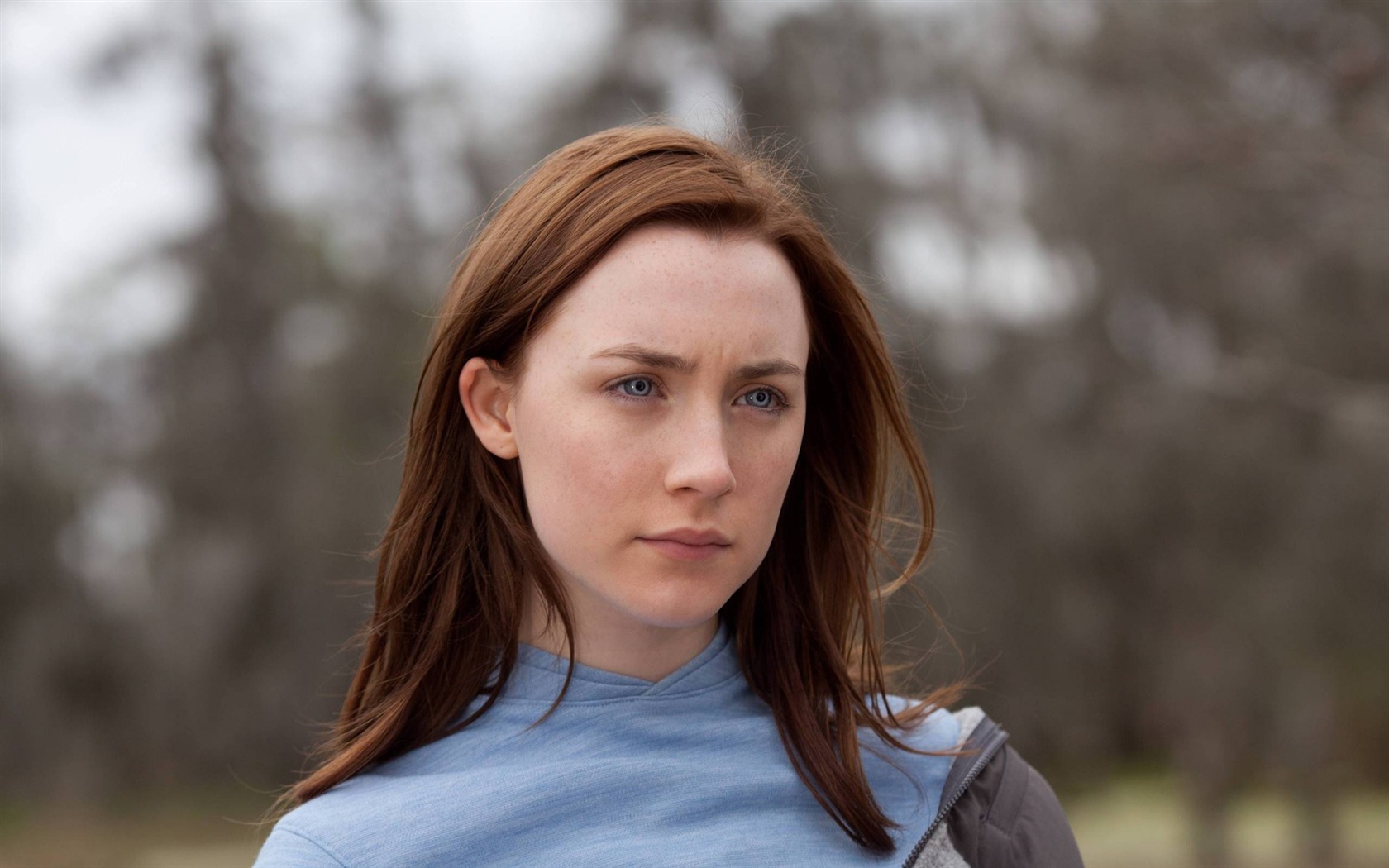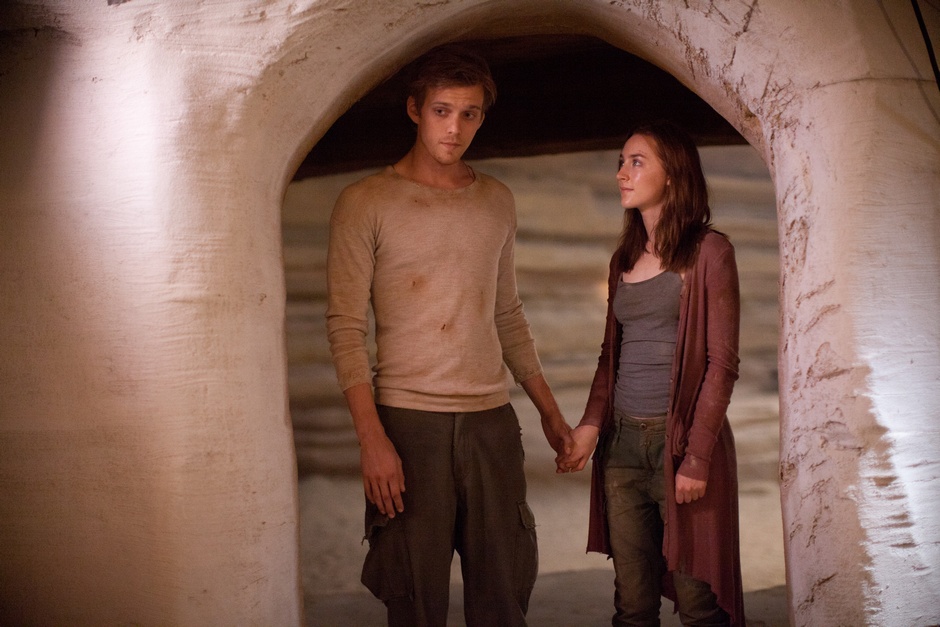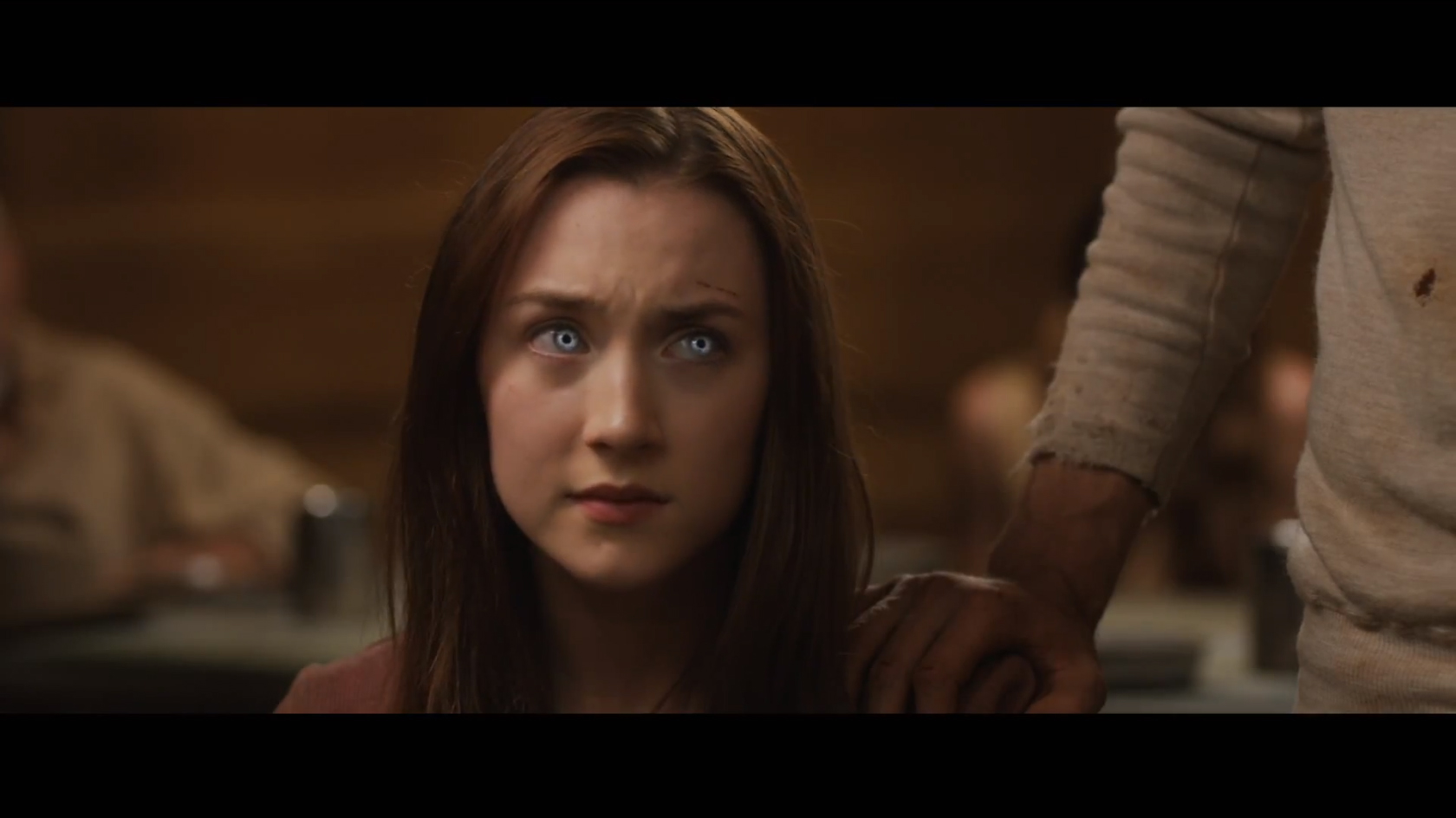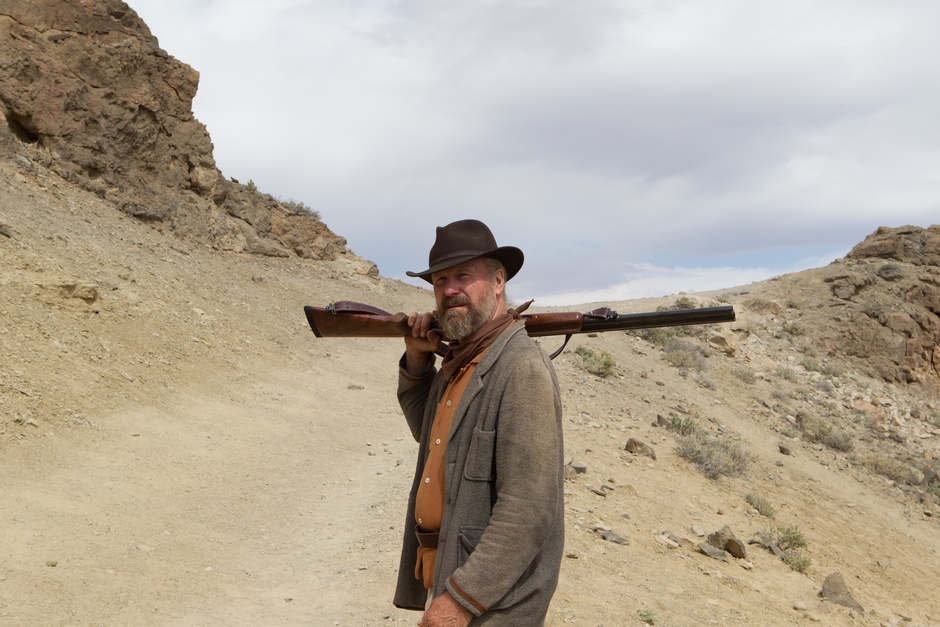|
In a
galaxy far, far away, Earth was one of many inhabited planets made by
Christ to
bring about immortality. This was part of a pre-mortal world where
people belonged
to spirit parents. These spirit children were sent to Earth in human
form, a
physical body, so they could gain worldly experience and discover that
their
destiny was to be a part of an eternal life. The purpose of this was to
sustain
the family unit after death and into the afterlife.
If this
sounds like the plot of a science fiction film, it's because it is, but
foremost
it's a summary of Mormon cosmological beliefs. The Church of Jesus
Christ of Latter-day
Saints is a comparatively new religion, which started in 1830 in
America by
Joseph Smith, Jr. CNN suggested that recent interest in Mormonism has
been
sparked by the public sphere, including having a Mormon candidate in
Mitt
Romney run for President in the US elections last year.

Twilight
author Stephenie Meyer is a Mormon too and is also a significant reason
for the
religion's exposure, given her popular vampire stories are deeply
conservative,
etched thickly in Mormon values, like chastity. It makes her novels and
film
adaptations appear as a cleaner brand of entertainment, which have been
monumentally successful across two separate mediums.
Meyer has
said though that her values are unconsciously placed into her stories,
which is
bunkum because the religious attributes of Twilight and now The Host
are
incredibly transparent. They're the cornerstones of her work, providing
both the
thematic content and moral center of her narratives. Not that there is
anything
wrong with this. Some may sneer at the fact that the characters are
essentially
ciphers for Mormon beliefs, while forgetting that Frank Capra's films
always
evoked dominant Christian beliefs.

Meyer
opted to produce this adaptation of The Host, while science fiction
filmmaker
Andrew Niccol (In Time, Gattaca) was given the reigns of writing and
directing
the film. Together they've formed an unwelcome partnership because in
this
abysmal film the solely interesting aspect of the film is the Mormon
subtext.
Otherwise, The Host is technically dull with flat, singular camerawork,
no
visual or stylistic awe, glacial pacing and a script where an
interminable
middle act brings the film to a screeching halt.
The film
uses Mormon cosmology as a template for its narrative. Irish-American
actress
Saoirse Ronan is cast as Melanie, a girl who is pursued by wide-eyed
aliens
called Seekers, who possess human bodies and ensure that they only see
an
optimistic world, seemingly free from lying and cheating. When she is
captured
by a female Seeker (Diane Kruger), Melanie's body is possessed by the
soul
called Wanderer but Melanie's mind continues to fight internally and
convinces Wanderer to escape.

She retreats
to the desert, searching for Melanie's brother Jamie (Chandler
Canterbury) and
then finds him staying with her uncle Jeb (William Hurt), who is
leading an
underground rebellion against the Seekers. She's met with great
hostility by
some members like Maggie (Frances Fisher) but when Jared (Max Irons)
realises
that Melanie is still inside Wanderer he tries to rekindle their
relationship,
only for Wanderer herself to be courted by Ian (Jake Abel).
The story
suffers a frustrating duality, burdened by groaning clichés but also
lacking
sufficient contextual details to deepen the narrative. Despite a
committed
performance from Saoirse Ronan, Melanie/Wanderer is a boring,
one-dimensional
character, poorly established and then surrounded by a group of equally
disinteresting cut-outs. The only glimpses of personality in Melanie
are provided
by her unintentionally hilarious voice-over, where an interior
monologue of moral
righteousness attempts to deter Wanderer from extended romances.

The voice-over
isn't problematic in signposting chastity but because the dialogue is
silly and
intrusive. This is meant to be a conflict between the impulses of the
body and
the resistance of the mind, an admittedly interesting theme, but poorly
executed. It also seems that the lustre of Twilight-esque elements,
like the
love triangle, are beginning to fade rapidly as there were waves of
laughter erupting
from a largely female audience, such was the embarrassment of the
film's cornball
relationships.
In a film
that lurches painfully over the two hour mark, the romance is
ludicrously pitched
as the dominant plot point when there are more pressing issues to
resolve. What
do the aliens intend to do once they posses all humans on Earth? Before Wanderer arrived, how exactly did the rebels believe they were going to
retaliate from their cave? This frustrated me because towards the
merciful end there
are touches of a more engaging film. Concepts of liberating the soul
through
love and kindness, cast Melanie/Wanderer as a Christ-like figure, who
verges on
offering similar selflessness. It only serves to prove that the very
worst
films can share some potentially interesting ideas, even if you don't
agree or
believe in them.
|